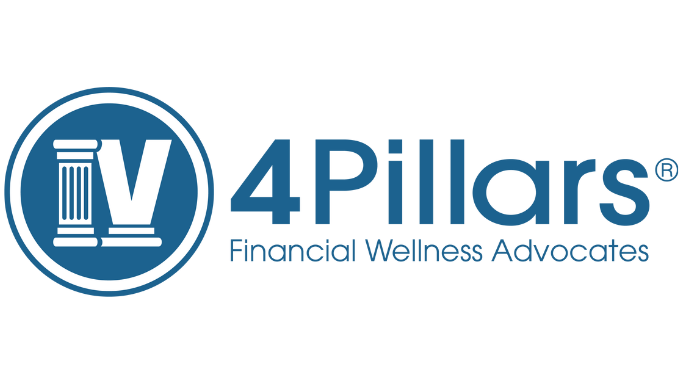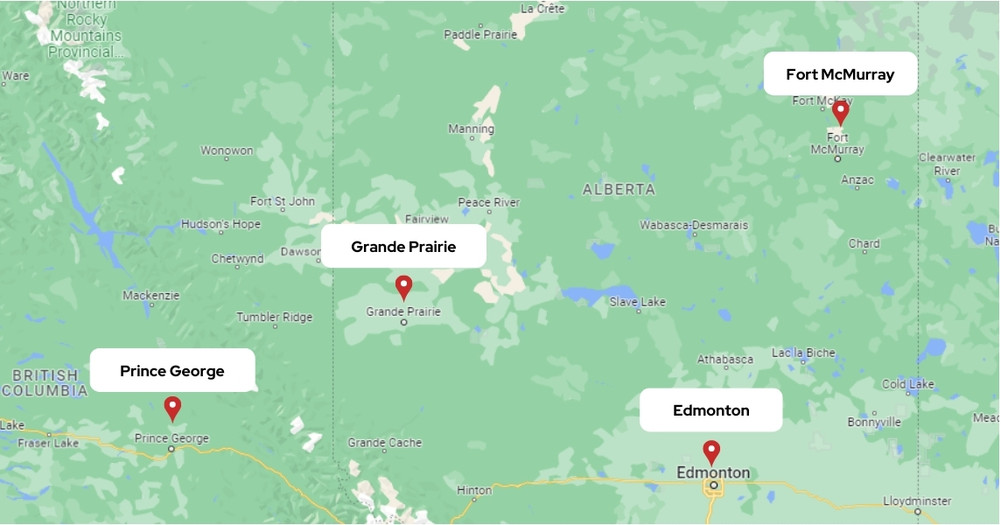Facing a financial emergency caused by a debt crisis can be overwhelming. The key here is to not press the panic button and instead deal with high debt rationally. Have a look at these steps to get the debt monkey off your back.
1) Plan Your Budget Properly
The most effective way to deal with high debt is to make more money. Think of it this way: Say you had $10,000 in credit card debt with a 15% interest rate that you plan to pay off over two years. You can save about $800 in interest costs by paying off your debt in just one year or you can negotiate a raise or find a way to earn extra income on the side. Here’s how you can break down your budget:
- Figure out how much you need for absolute essentials.
- If you’re really in dire straits, think about reducing your expenses moving to a lower-rent apartment or cutting back on cable and entertainment. Saving room for indulgences will help keep you motivated. You don’t have to stick with the same indulgences, of course, but it’ll force you to think critically about what you most value
- If your basic expenses and your two to three discretionary budgets take up more than 70% of your after-tax income, cut out the most expensive of your non-essential expenditures
- The rest of your income will go into a debt repayment fund. Have this amount direct-deposit into a special high-yield checking account that you will only use to repay your debts. Once you’ve built up an emergency fund for about four months’ worth of expenses, the rest of your income can focus on debt repayment.
2) Cut the Costs of Your Existing Debt
These are the ways in which you can lower the costs of borrowing and reduce the balance of your debt.
General Debts
Use 0% credit cards – If you have good credit, you can use a 0% APR credit card to reduce the interest you’ll pay. If you have existing credit card debt, you can transfer the balance to another card. If you have other debts you can pay them off early with a 0% purchase APR credit card and then pay off the credit card during the zero interest period. Be careful not to go over the zero interest period as credit card interest rates are usually far higher than those for personal, student, or home loans.
Auto Loan Debt
Consider selling. Many car loan agreements allow the lender to repossess your car if you default, without notice. If this happens, you’re on the hook for the remaining balance of the loan, as well as storage and towing costs, to get the car back. If you can’t pay, the lender might sell the car. If you think you’re going to default on the loan, you might be better off selling the car and using the money to pay off the loan. This will avoid a hit to your credit score and potentially lower the cost.
Credit Card Debt
Negotiate a better rate. Even if you don’t have perfect credit, you can try to negotiate a lower interest rate on your existing credit card debts. Tell your credit card issuer, “I need a lower interest rate, but I’d rather not leave you.
Transfer to an existing card. If one of your existing credit cards has a substantially lower interest rate than another, you can shift your debts to the lowest-rate card. Keep in mind that most cards levy a 3-5% balance transfer fee on the amount you shift. Make sure the interest rate savings are worth it.
Mortgage Debt
Consider refinancing. You might be able to secure a lower rate and therefore monthly payment, by refinancing your mortgage. If you’re really struggling to make your payments, a refinance might extend the term of your loan, however, there are costs associated with refinancing, and it’s not a decision to be made lightly.
Sort out your debt by using these debt tackling strategies in the event of a debt crisis. For further debt related consultancy and essential tips to withstand a financial emergency, get in touch with your local debt consolidation expert.


